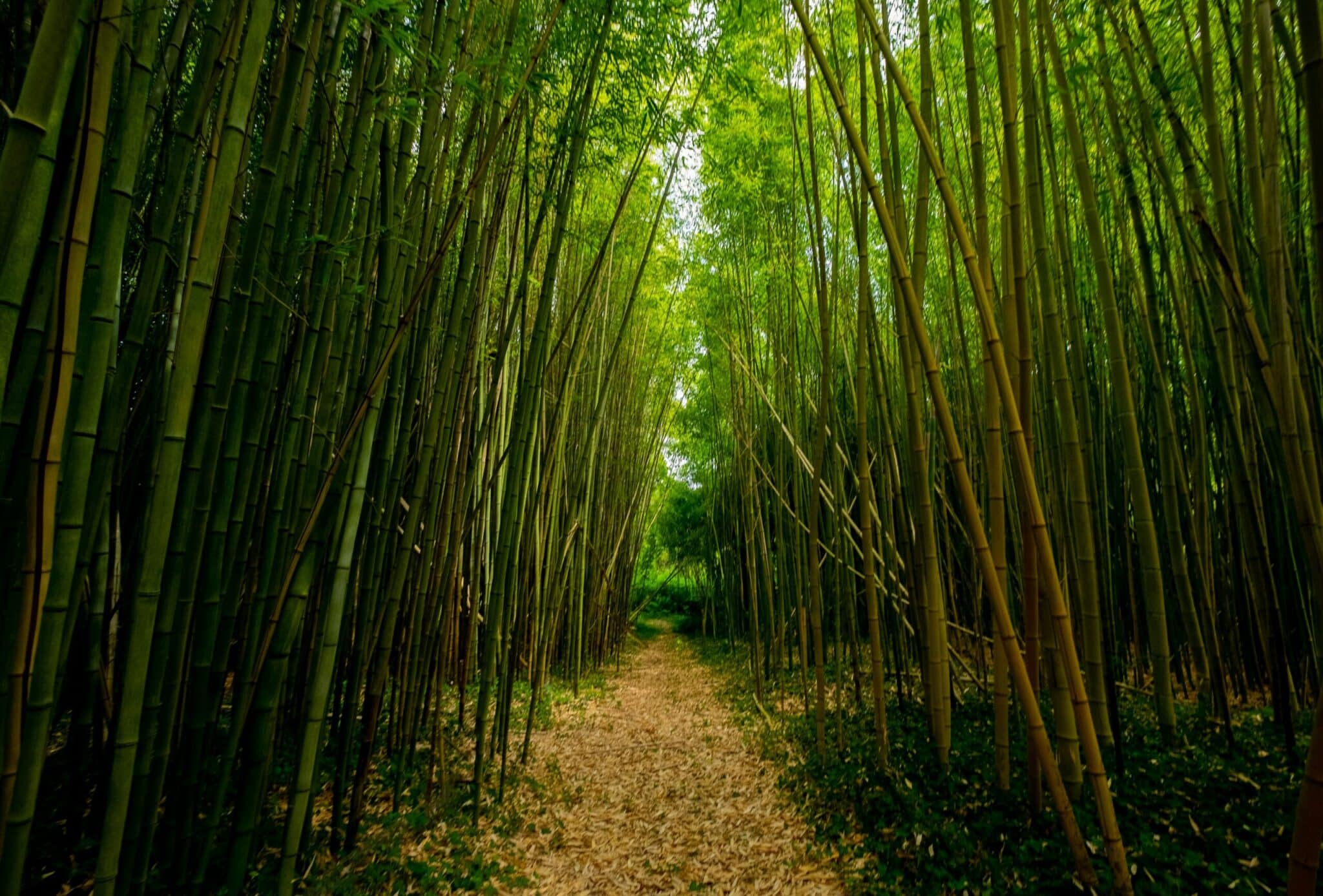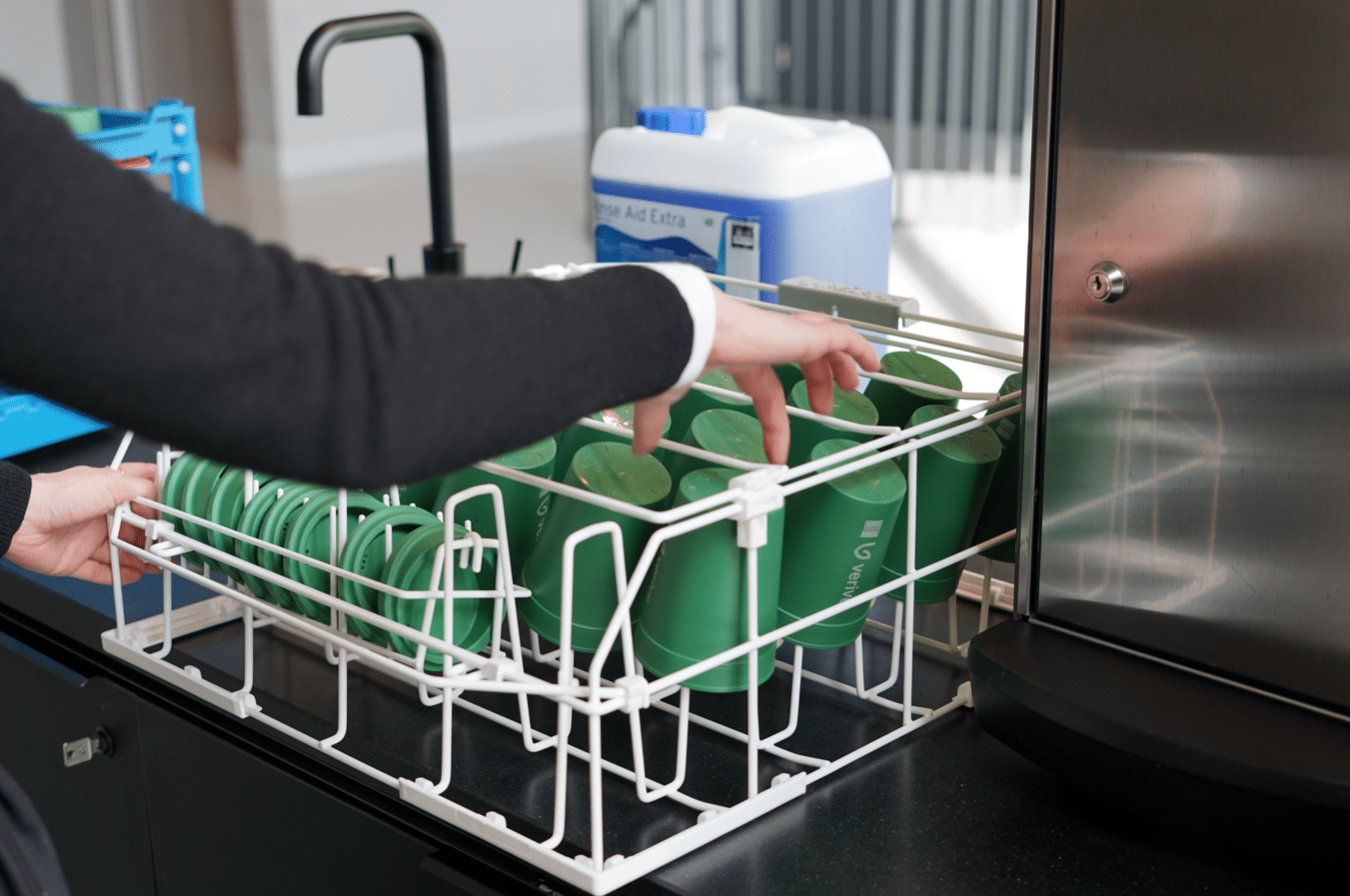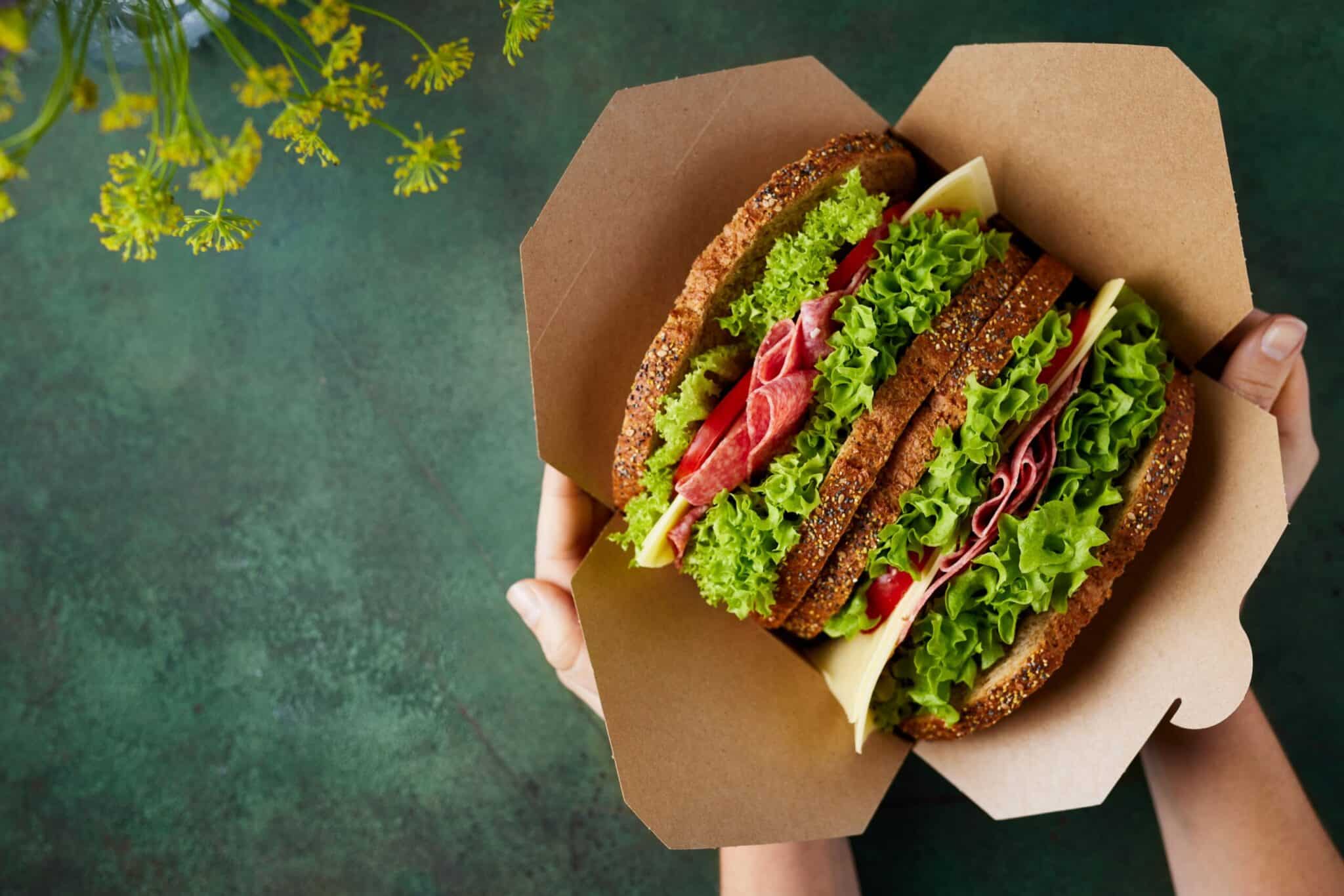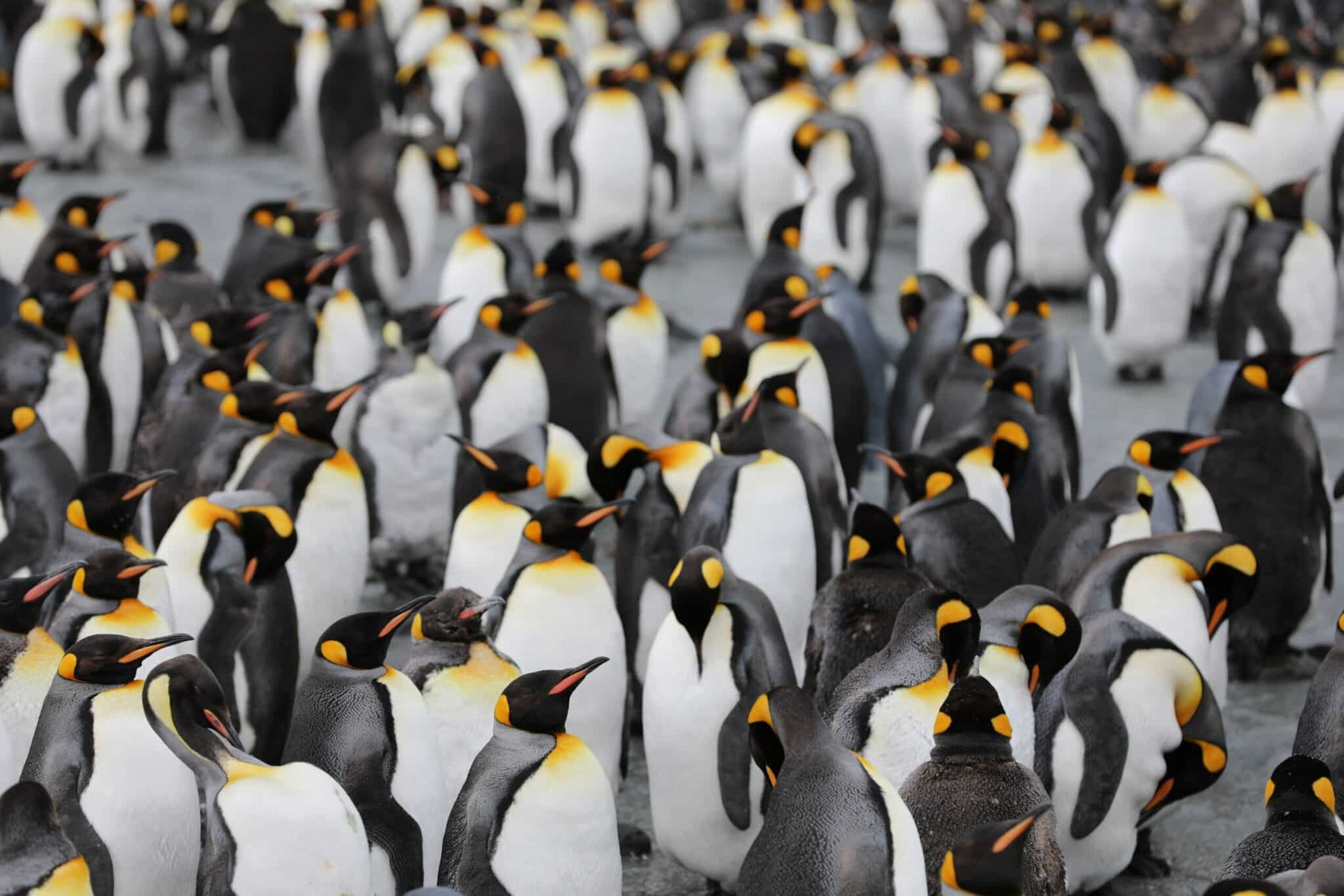About this article
We all know bamboo as panda food, but how about as a food packaging and tableware material? Let’s take a look at the FAQs around bamboo.
What is bamboo?
Bamboo is the fastest growing plant in the world, with some bamboo growing thirty-six inches in a single day. Because it grows so fast, bamboo can be easier to renew than other materials, such as wood, and is therefore considered sustainable.
Bamboo takes up 5 times more carbon than trees and reintroduces 35% more oxygen to the atmosphere than trees.
Bamboo grows from its own root system, so it doesn’t need replanting and is naturally renewable. Without replanting bamboo, the soil remains undisturbed, helping with water absorption and preventing soil erosion.
Why is bamboo a good food packaging and tableware material?
Bamboo products like tableware are made from the stems of the plant, and because they’re strong, durable, and resistant to heat, they make great products for use in food service.
They’re also resistant to oil, moisture, and freezing and can be certified for food contact. Moreover, you can heat bamboo in ovens and microwaves up to 200℃.
As bamboo is a good material for making paperboard, taking only 5 years to grow the cellulose that takes trees 25 years, it’s also very useful in disposable products, like our coffee cups.

What is the best end-of-life for bamboo?
The ideal end-of-life for bamboo products and packaging is industrial composting (alongside other organic waste). However, as it’s so durable, bamboo is ideal for reuse.
If composting infrastructure is unavailable, bamboo should be placed in the general waste bin rather than allowing these items to become litter in the environment.
Does bamboo decompose in the environment?
Bamboo products are not designed to break down in the environment by themselves.
They are compostable, but they need to be sent to an industrial composting facility. They are unlikely to break down quickly in a home compost.
In a composting facility, bamboo takes less than 180 days to break down fully and can take as little as 45 days.
Is bamboo safe?
As long as it’s 100% bamboo, then yes, it’s safe.
However, in recent years there have been an increasing number of products placed on the market that are manufactured primarily from plastic, to which bamboo or other ‘natural’ substances are added.
This composite material is often found in kitchenware, such as reusable plates, bowls, and coffee cups. These often look similar to melamine kitchenware (although less shiny); however, they are actually made of melamine plastic that includes ground bamboo or other constituents like corn as an additive, functioning as a filler. A recent risk assessment by the German Federal Institute of Risk Assessment (BfR) and the European Food Safety Authority (EFSA) confirmed specific migration issues and the use of questionable additives in cases like this.
However, these concerns do not affect the single-use disposables offered by Verive, which are 100% bamboo and 100% safe.

Is using bamboo environmentally responsible?
Because it grows so quickly, bamboo is extremely renewable.
It also doesn’t require pesticides, so it doesn’t degrade the soil.
However, just like any other material, farming bamboo has an environmental impact. It’s necessary to audit and monitor bamboo farming to ensure responsible practices are maintained and that it does not drive deforestation and the destruction of natural habitats. Also, because it grows so quickly, farmers should monitor bamboo as a potentially invasive species.
Bamboo can be FSC certified to ensure farmers maintain the correct practices and protect local ecosystems.
What are the downsides of using bamboo?
Bamboo is more expensive than other materials, like plastic and wood, because it requires more raw material to make products and as it’s a newer material, there are fewer suppliers available.
As bamboo is becoming increasingly popular, we may see a rise in deforestation to plant bamboo, causing ecological damage. Moreover, it’s only grown in Asia so has to travel a long way to be used as packaging in Europe.
More questions?
If you have any questions about bamboo products or other sustainable materials, please get in touch with us, we’d love to hear from you.









